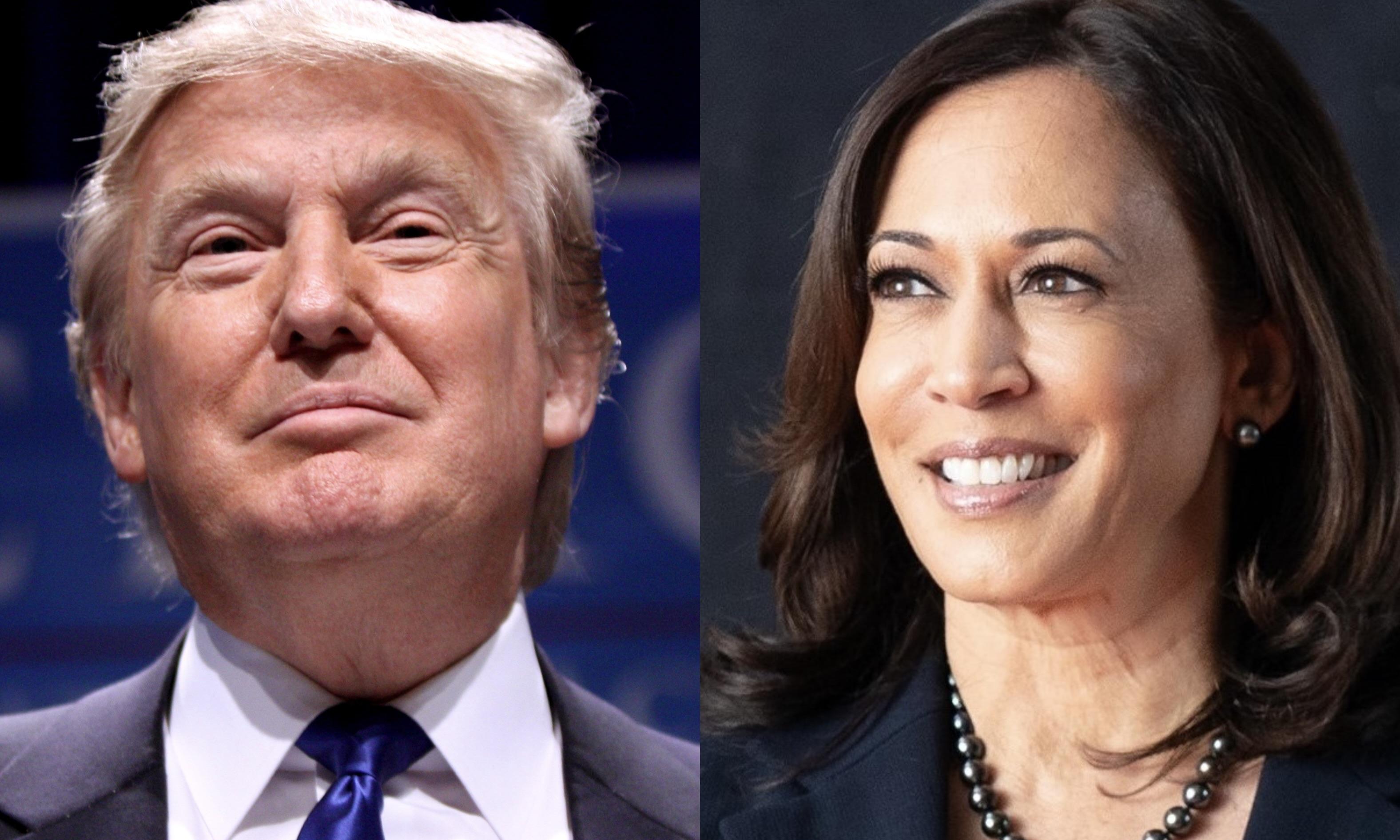Former President Donald Trump has made a bold declaration, promising to bring “real peace” to the Middle East that endures without falling into recurring cycles of conflict. Trump’s comments, made during a recent speech, underscore his commitment to stabilizing one of the world’s most complex regions, a goal he says was partially achieved during his presidency and could be cemented if he returns to office.
“I want to see the Middle East return to real peace, a lasting peace,” Trump told an enthusiastic audience. “And we will get it done properly so it doesn’t repeat itself every 5 or 10 years.” Trump pointed to his administration’s track record, which included the historic Abraham Accords, as proof that long-term stability in the Middle East is achievable with the right leadership and policies. The accords, signed in 2020, normalized relations between Israel and several Arab nations, marking a significant shift in the region’s diplomatic landscape.
Trump’s remarks have reignited debate among foreign policy analysts, diplomats, and political figures, many of whom hold differing opinions on the feasibility of “lasting peace” in the Middle East. Supporters argue that Trump’s approach, characterized by direct negotiations and economic incentives, created unprecedented diplomatic momentum in the region. “Under Trump, we saw Arab countries take a leap forward in recognizing Israel,” said Michael Finkel, a senior fellow at the Washington Institute for Near East Policy. “He’s right that lasting peace requires a comprehensive and strategic approach, and his track record shows he’s committed to that.”
However, critics of Trump’s policy question whether his approach addressed the region’s deeper issues, including longstanding tensions between Israel and Palestine, which were not resolved by the Abraham Accords. “Peace is about more than symbolic agreements,” said Sarah Johnson, a Middle East analyst at the Council on Foreign Relations. “It requires addressing core grievances and creating lasting frameworks that involve all parties, including the Palestinian people.” Johnson argued that while Trump’s accords made historic strides, a more inclusive approach is necessary to achieve the stability he envisions.
International leaders are also reacting to Trump’s statement, with some expressing cautious optimism about any future efforts to further stabilize the region. In a statement, Israeli officials emphasized the importance of the Abraham Accords as a foundation, while urging that any future agreements build on that framework and address unresolved issues.
Trump’s remarks come at a time when the Middle East remains embroiled in complex challenges, from ongoing conflicts to shifting alliances. He has previously spoken about his admiration for leaders in the region who supported the peace accords, and he claims that his administration’s diplomatic achievements were cut short by his departure from office. “We had a path forward, but it needs strong and decisive leadership to see it through,” he asserted.
As the 2024 election approaches, Trump’s promise of Middle Eastern peace is likely to resonate with voters who prioritize stability and security on the global stage. However, whether his vision can become a reality remains to be seen. Trump’s comments have sparked widespread debate on the feasibility of lasting peace in a region marked by decades of tension, illustrating once again the complex dynamics at play in achieving a stable Middle East. For now, his words signal his intention to place foreign policy front and center as he seeks another term in the White House.



 Trump Floats Ted Cruz for Future U.S. Supreme Court Nomination
Trump Floats Ted Cruz for Future U.S. Supreme Court Nomination  Australian PM Calls Alleged Western Australia Terror Plot “Deeply Shocking” After Arrest
Australian PM Calls Alleged Western Australia Terror Plot “Deeply Shocking” After Arrest  Federal Judge Blocks Virginia Social Media Age Verification Law Over First Amendment Concerns
Federal Judge Blocks Virginia Social Media Age Verification Law Over First Amendment Concerns  Venezuela Oil Exports to Reach $2 Billion Under U.S.-Led Supply Agreement
Venezuela Oil Exports to Reach $2 Billion Under U.S.-Led Supply Agreement  Pentagon Leaders Monitor U.S. Iran Operation from Mar-a-Lago
Pentagon Leaders Monitor U.S. Iran Operation from Mar-a-Lago  Pentagon to Halt Ivy League Programs for U.S. Military Officers Starting 2026
Pentagon to Halt Ivy League Programs for U.S. Military Officers Starting 2026  U.S.-Israel Strike on Iran Escalates Middle East Conflict, Trump Claims Khamenei Killed
U.S.-Israel Strike on Iran Escalates Middle East Conflict, Trump Claims Khamenei Killed  Russia Signals Openness to U.S. Security Guarantees for Ukraine at Geneva Peace Talks
Russia Signals Openness to U.S. Security Guarantees for Ukraine at Geneva Peace Talks  Germany and China Reaffirm Open Trade and Strategic Partnership in Landmark Beijing Visit
Germany and China Reaffirm Open Trade and Strategic Partnership in Landmark Beijing Visit  Israel Declares State of Emergency as Iran Launches Missile Attacks
Israel Declares State of Emergency as Iran Launches Missile Attacks  Netanyahu Suggests Iran’s Supreme Leader Khamenei May Have Been Killed in Israeli-U.S. Strikes
Netanyahu Suggests Iran’s Supreme Leader Khamenei May Have Been Killed in Israeli-U.S. Strikes  Trump Media Weighs Truth Social Spin-Off Amid $6B Fusion Energy Pivot
Trump Media Weighs Truth Social Spin-Off Amid $6B Fusion Energy Pivot  Iran Supreme Leader Ayatollah Ali Khamenei Killed in Israeli, U.S. Strikes: Reuters
Iran Supreme Leader Ayatollah Ali Khamenei Killed in Israeli, U.S. Strikes: Reuters  Trump Orders Federal Agencies to Halt Use of Anthropic AI Technology
Trump Orders Federal Agencies to Halt Use of Anthropic AI Technology  ICE Hiring Surge Raises Vetting Concerns Amid Rapid Expansion
ICE Hiring Surge Raises Vetting Concerns Amid Rapid Expansion  Pakistan-Afghanistan Tensions Escalate as Taliban Offer Talks After Airstrikes
Pakistan-Afghanistan Tensions Escalate as Taliban Offer Talks After Airstrikes  Israel Launches Fresh Strikes on Iran After Death of Supreme Leader Ayatollah Khamenei
Israel Launches Fresh Strikes on Iran After Death of Supreme Leader Ayatollah Khamenei 































